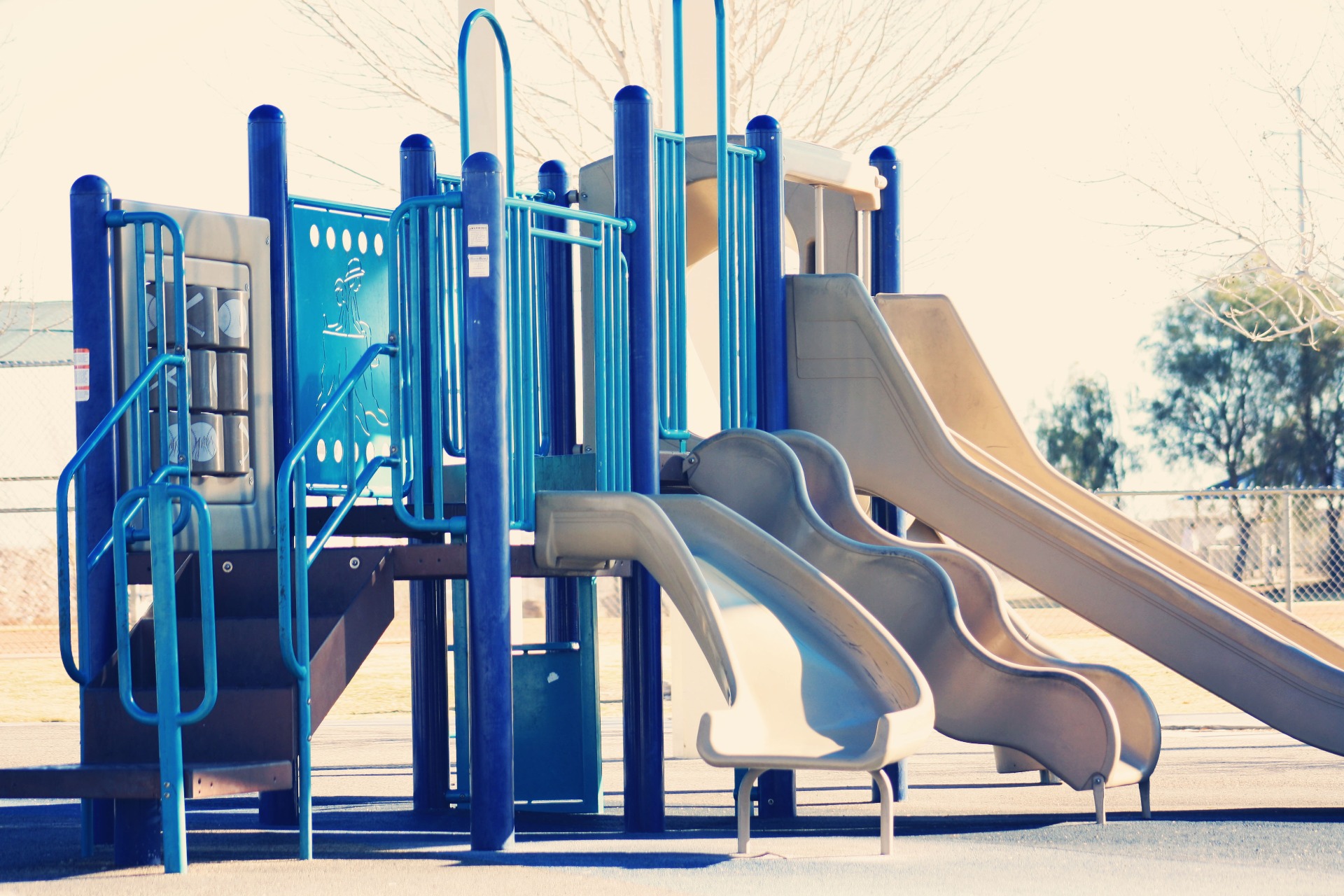Éist Education





Éist professionals run a school's programme for senior cycle students. Many workshops are delivered to small groups of transition year students and above in local secondary schools & collages and lasts approx 90 minutes.
The aim of these workshops is to facilitate open discussion and challenge attitudes in relation to consent, sexual violence, online sexual imagery and pornography. The law is also discussed.
Training is tailored to suit the age group of the participants and delivered in a thought-provoking, easy to digest format by trained professionals who have been Garda Vetted.
Educating young people - especially at senior cycle in secondary school - about consent, gender equality, and sexual violence is not only timely but essential.
The Importance of Educating Senior Cycle Students About Consent, Equality & Sexual Violence
1. Lays the Foundation for Respectful Relationships
Teaching about consent helps students:
-
Understand that consent must be mutual, informed, and freely given.
-
Recognise the difference between healthy and unhealthy behaviours.
-
Learn how to respect boundaries - both their own and others'.
At this age, many young people begin forming more serious relationships, and equipping them with this knowledge reduces the risk of harm and promotes respectful intimacy.
2. Prevents Sexual Violence and Misconduct
Studies show that early, comprehensive education around sexuality and consent:
-
Reduces rates of sexual assault and coercion
-
Challenges harmful norms like victim-blaming or "boys will be boys" attitudes
-
Encourages bystander intervention - empowering peers to speak up or step in safely.
When young people understand power dynamics, coercion, and the law, they're more likely to act responsibly - and support others in doing so.
3. Promotes Gender Equality and Inclusion
Educating about gender equality and human rights encourages young people to:
-
Examine stereotypes about masculinity, femininity, and LGBTQ+ identities
-
Develop empathy and critical thinking about social power structures
-
Understand and challenge gender-based violence and discrimination
This helps create a school culture of fairness, respect, and dignity for all students, regardless of gender, orientation, race, or ability.
4. Addresses Online Risks & Realities
In today's digital world, students face:
-
Sexting, image-based abuse ("revenge porn"), online harassment
-
Misinformation about sex and relationships via porn or social media
Education helps them:
-
Make informed choices online
-
Understand digital consent
-
Know what to do if they or a friend are harmed
5. Empowers Survivors and Builds Supportive Communities
By learning about sexual violence, students:
-
Gain knowledge of their rights, supports, and reporting options
-
Learn how to respond sensitively if someone discloses abuse
-
Build a culture where survivors are believed, not blamed
This empowerment can lead to earlier intervention, access to services, and healing.
6. Fulfills National and Global Policy Goals
-
Ireland's RSE curriculum reform emphasises consent, relationships, and respect as core learning goals.
-
UN, WHO, and EU bodies all advocate for comprehensive sexuality education as a preventative human rights tool.
This is not just personal education - it's social change.
7. Creates Safer Schools and Future Workplaces
Young people who learn about these topics:
-
Feel safer and more respected in school environments
-
Are more likely to recognise and challenge harassment or abuse in college, work, and society
Key Messages for Students
-
Everyone has the right to say no - and to change their mind.
-
Consent is about communication, not just avoiding 'no.'
-
There's no shame in asking for help or speaking up.
-
Being respectful is a strength, not a weakness.
